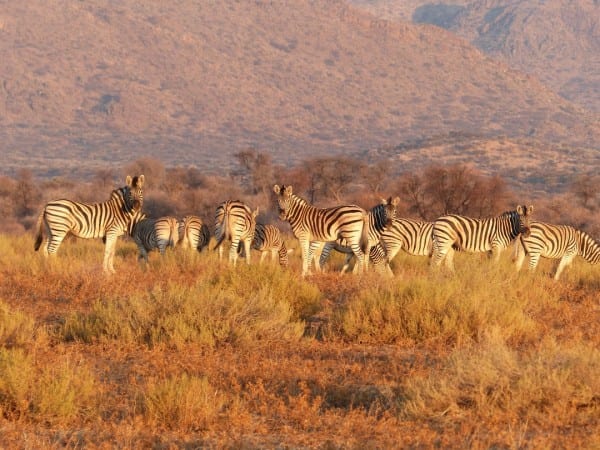Wildlife Code of Conduct
Ensure your own personal safety. Maximize the welfare and conservation of the wildlife you are visiting. Show respect to the local communities that live in wildlife areas.

Give The Animals Their Space
- Always view wildlife from a safe distance for both you and them: Respect their spatial needs.
- If the animal interrupts its behavior (resting, feeding, etc.), then you are too close and must distance yourself.
- Never interfere with animals engaged in breeding, nesting, or caring for young.
- Never encroach on nests or dens as certain species will abandon their young.

Surviving is Hard: Don’t Add to their Stress
- Never force an action. Be patient! The most beautiful experiences and photographs result from the natural action.
- Never crowd, pursue, prevent escape, make deliberate noises to distract, startle or harass wildlife. This creates unfair stress on creatures. The impact is cumulative.
- Never come between a parent and its offspring. This is unacceptable behavior and can result in injury and death to both animals and people.
- Do not damage or remove any plant, life form or natural object. Make sure to pack out the trash.

Educate Yourself
- Learn to recognize wildlife alarm signals and never forget that these animals are not tame, no matter how docile or cuddly they appear.
- Don’t anthropomorphize animals. Avoid ascribing too much human (or domestic animal) thought to wild animals.
- Acquaint yourself with and respect the behaviors and ecosystems of the wildlife you may encounter. By doing so, you will enrich your experience tremendously.
- Remember that the welfare of the subject and habitat are irrefutably more important than the photograph or stories you get to take home with you after visiting nature.

Cultivate A Respectful Wildlife Observation Culture
- Never feed or leave food (baiting) for wildlife. Habituation due to handouts can result in disease or even death of that animal and injury to you. Keep in mind that you should never feed the wildlife, even if might make a good picture.
- Respect the law and the rights of others. Do not enter private property without the owner’s explicit permission. Follow all laws, rules, and regulations governing the use of roads and public areas, both at home and abroad. Practice common courtesy in contacts with other people.
- If you witness unethical wildlife viewing behavior, assess the situation, and intervene if you think it prudent. When interceding, inform the person(s) of the inappropriate action, and attempt, within reason, to have it stopped. If the behavior continues, document it, and notify appropriate individuals or organizations. Use the Where is the Wildlife app to report disturbances and unethical behavior.
- Promote the welfare of wildlife and their environment.
